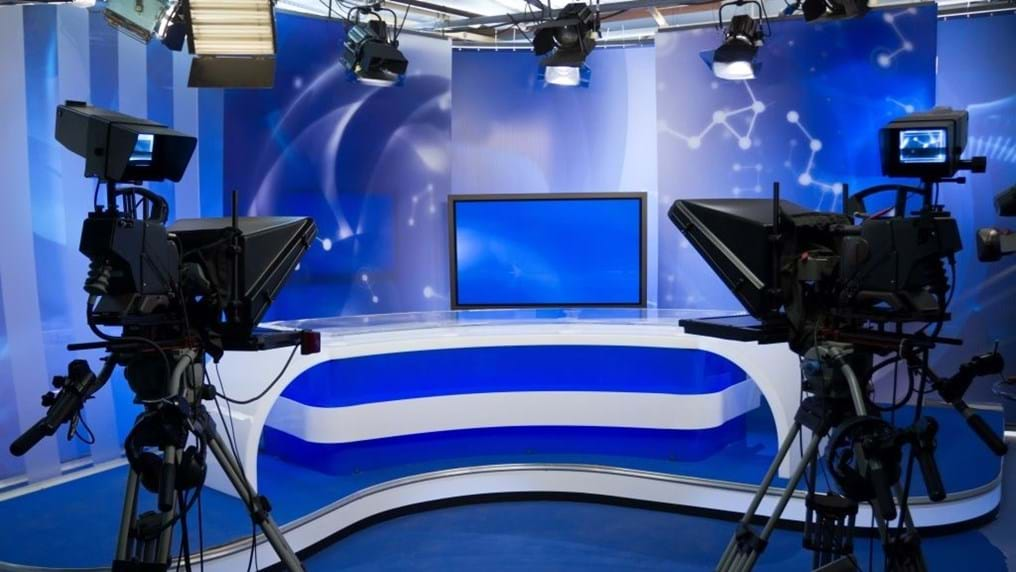Day 202: Chemical engineers and the media

15th December 2014
Author: Geoff Maitland, IChemE President 2014–2015.
Earlier this month, the IChemE London and South East member group hosted an event called, 'Chemical Engineers and the Media', and I was fortunate enough to have been asked to sit on the panel to share my thoughts and experiences on the topic.
After the explosion of the Macondo well in April 2010, otherwise known as the Deepwater Horizon disaster, I was thrust into the media spotlight and 'Into the lion's den' as it were. So it was only natural that I retold my story at this event in more detail.
It was identified that there was a real need for a technical expert to provide an objective commentary and help explain what was happening after the disaster. I was given only ten minutes to decide whether or not I would be that person. And as you can probably guess, I said yes.

Before appearing on television for my first interview on this breaking story, I had only been interviewed on the radio. So this was new territory for me at the time, and unsurprisingly, I was nervous because I didn't know what I was stepping into.
I soon found out that I could only respond to what was happening from the small amounts of information being fed through media about the incident. During interviews, I responded to questions in a simple but credible way by trying to explain what was happening with clarity and bring it back to its engineering basics.
I memorised relevant facts and prepared analogies that would be appropriate to the audience; this is probably why the situation snowballed and in the 85 days it took to cap the well, I did over 50 media interviews.
The biggest lesson I learnt from the experience is that if you have a strong opinion, by all means share it, but make sure that you have the facts and evidence to back it up when challenged, particularly by a journalist.
I am by no means the only chemical engineer to have been caught up in the eye of a media storm. Another panellist at the 'Chemical Engineers and the Media' event, Dr. Tarit Mukhopadhyay, a biochemical engineering lecturer and research associate at University College London (UCL), shared his encounters with the press and media.
As a biochemical engineer who specialises in vaccine process development, Dr. Mukhpadhyay has been approached to comment on such topics as the swine flu pandemic, development on new vaccines and other topical issues related to public health.
He noted that communicating and contextualising risk to the public is a big challenge, and that sometimes the media can act as a barrier to that process, especially if they are looking for a sensational story.
This certainly was the case when asked to comment on the swine flu epidemic when an interviewer asked him - how many people will die from swine flu? He managed to contextualise this risk by comparing the chance of dying of swine flu being considerably less than the risk of being run over by a car on the way to work in the morning.
His key piece of advice from the evening was whatever your story or key message be, to make sure it comes across in the interview, and to try and not get side-tracked by provocative questions.

The final panellist for our event was Yasmin Ali, a development engineer for E.On, and her take on it is slightly different. She pro-actively approaches media in order to promote chemical engineering, and engineering to the wider public, rather than commenting on a breaking story.
She does this because she believes it's important. She also expressed that chemical engineers find their jobs enjoyable, are happy and proud of the work they do. This is a message she fundamentally believes should be spread, and I have to say, I wholeheartedly agree with her.
It's great to see a young chemical engineer who is so passionate about making engineering more popular in schools via outreach and trying to change public opinion. She understands, like I do, that communication needs to be tailored for your audience.
I think that it's about time that chemical engineers step up to the plate and think about how we can use the media to influence public opinion on chemical engineering - read my previous blog to find out 'What the public really think about chemical engineers?' currently.
So, the question is, how do we, as chemical engineers, get our voice heard?
There were some great ideas discussed on the night and I'd love to hear more! So please get in touch via the blog or comment below if you can contribute to this exciting and challenging conversation.
ChemEng365 blog
Geoff Maitland launched this blog during his IChemE presidency in 2014. ChemEng365 features 365 chemical engineering successes and achievements throughout his year-long presidency.